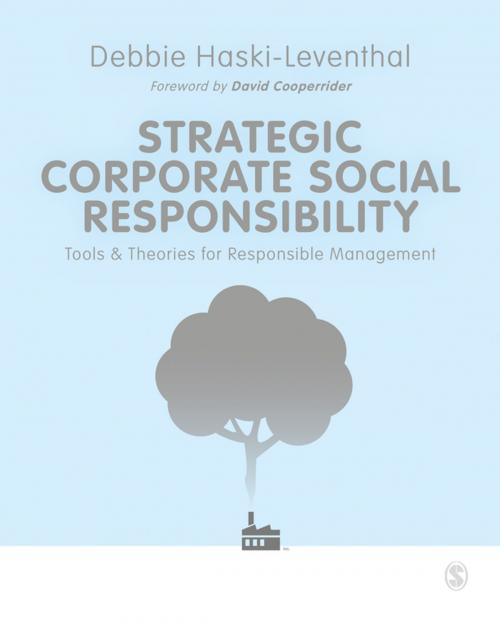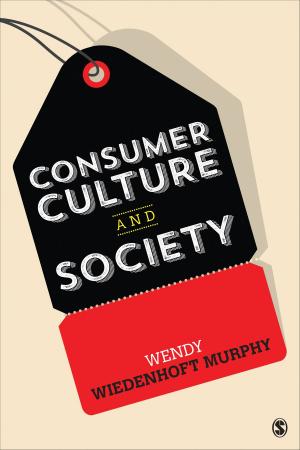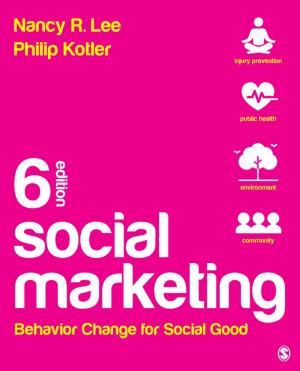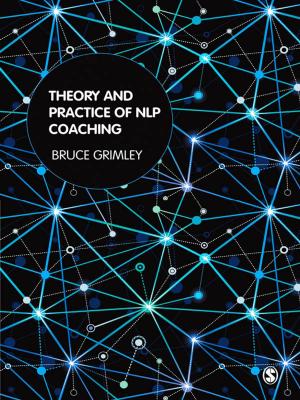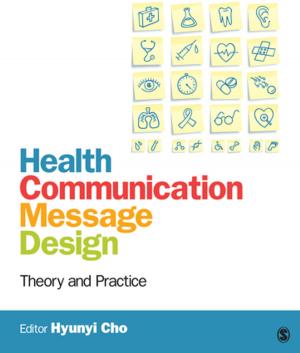Strategic Corporate Social Responsibility
Tools and Theories for Responsible Management
Business & Finance, Business Reference, Business Ethics, Human Resources & Personnel Management, Organizational Behavior| Author: | Dr. Debbie Haski-Leventhal | ISBN: | 9781526448354 |
| Publisher: | SAGE Publications | Publication: | March 12, 2018 |
| Imprint: | SAGE Publications Ltd | Language: | English |
| Author: | Dr. Debbie Haski-Leventhal |
| ISBN: | 9781526448354 |
| Publisher: | SAGE Publications |
| Publication: | March 12, 2018 |
| Imprint: | SAGE Publications Ltd |
| Language: | English |
With the changing expectations of consumers, employees and regulators, being best in the world is no longer enough. Businesses are now also expected to be best for the world: to be socially and environmentally responsible, sustainable and ethical.
Based on the idea that strategic CSR offers the most holistic and effective approach to corporate social responsibility, the author presents the key concepts, theories and philosophical approaches to CSR, along with the practical tools needed to implement this knowledge in the real world.
The book is split into three parts; the first part provides the theoretical background of CSR, the second part examines various CSR approaches and how they can be implemented, and the third part discusses measuring and communicating CSR.
Each chapter contains questions for reflection & discussion, exercises, and case studies from globally recognised brands such as Ben & Jerry’s, Nestle, Marks & Spencer, TOMS Shoes, LEGO, Coca-Cola and McDonald’s.
The book is complemented by chapter specific lecturer PowerPoint slides, which can be found here.
Suitable reading for students on Corporate Social Responsibility modules.
With the changing expectations of consumers, employees and regulators, being best in the world is no longer enough. Businesses are now also expected to be best for the world: to be socially and environmentally responsible, sustainable and ethical.
Based on the idea that strategic CSR offers the most holistic and effective approach to corporate social responsibility, the author presents the key concepts, theories and philosophical approaches to CSR, along with the practical tools needed to implement this knowledge in the real world.
The book is split into three parts; the first part provides the theoretical background of CSR, the second part examines various CSR approaches and how they can be implemented, and the third part discusses measuring and communicating CSR.
Each chapter contains questions for reflection & discussion, exercises, and case studies from globally recognised brands such as Ben & Jerry’s, Nestle, Marks & Spencer, TOMS Shoes, LEGO, Coca-Cola and McDonald’s.
The book is complemented by chapter specific lecturer PowerPoint slides, which can be found here.
Suitable reading for students on Corporate Social Responsibility modules.
